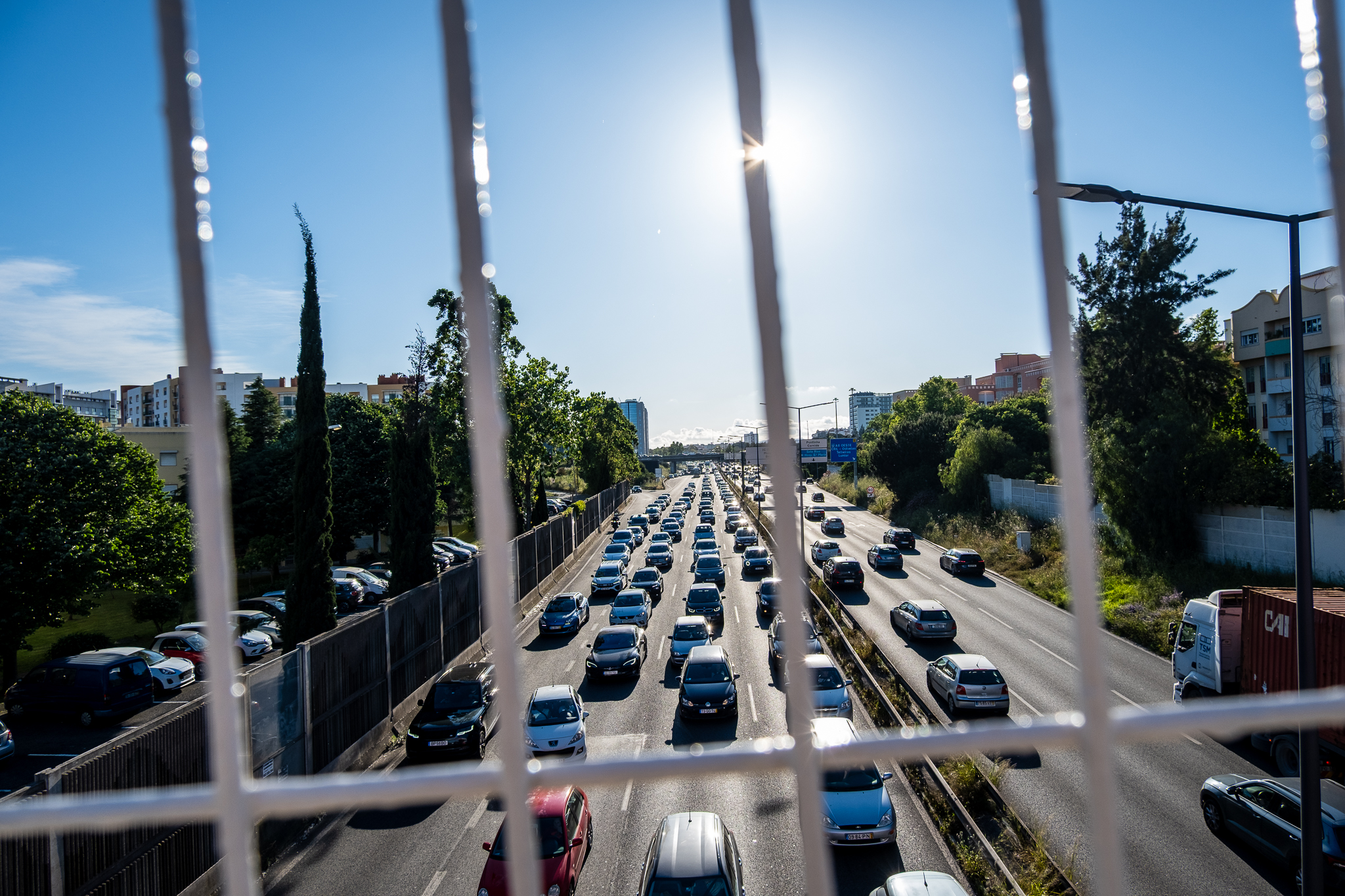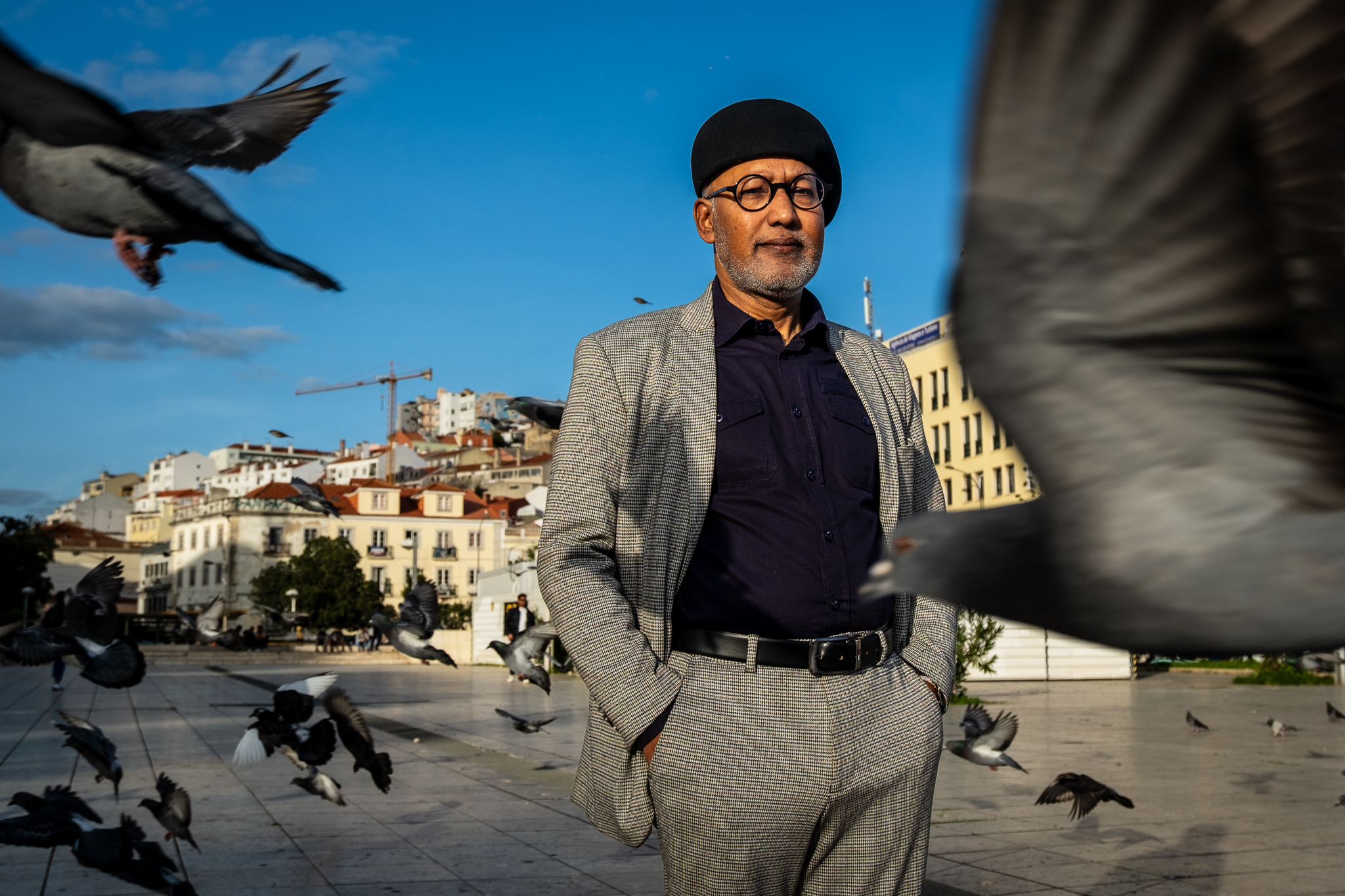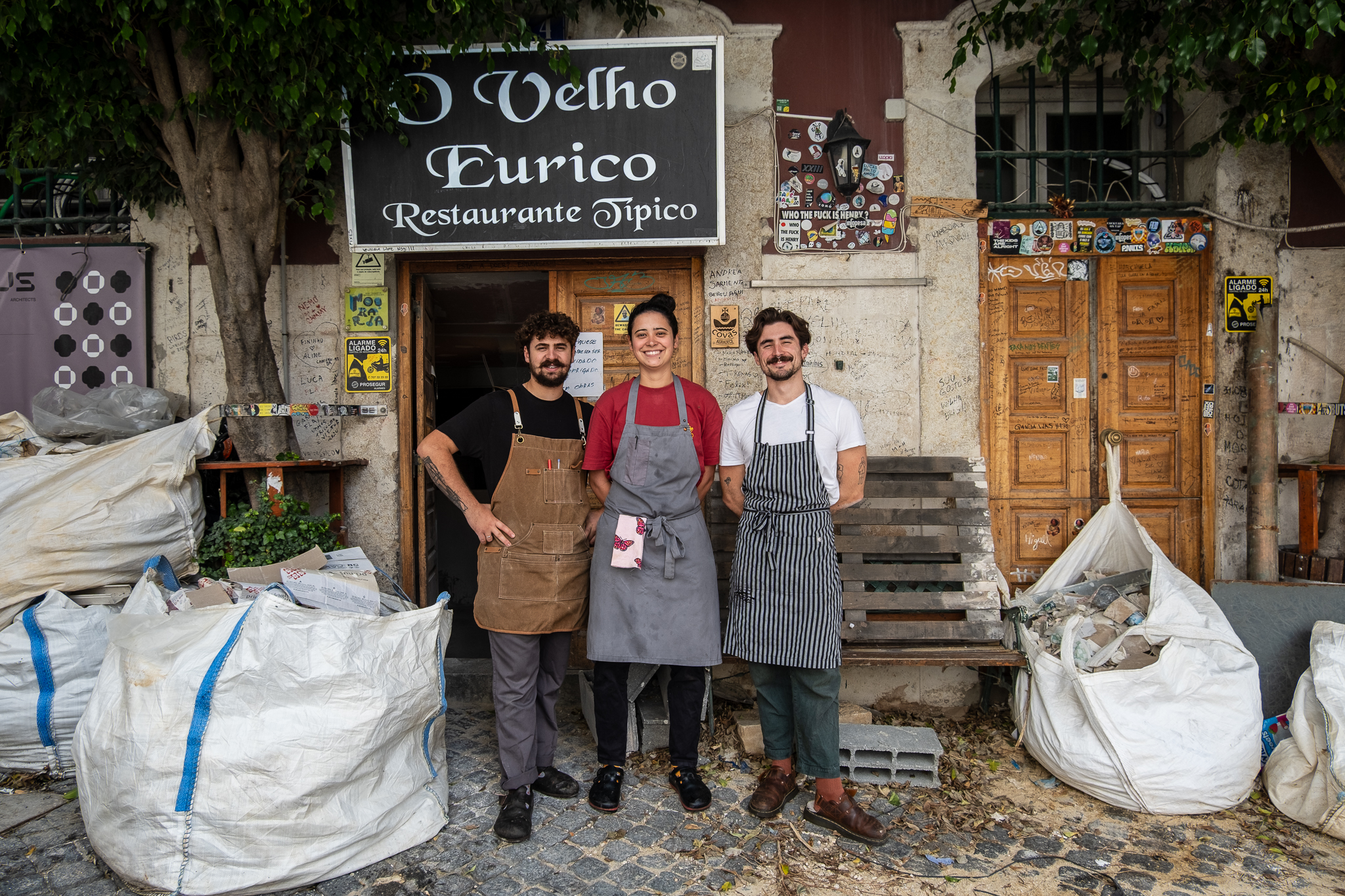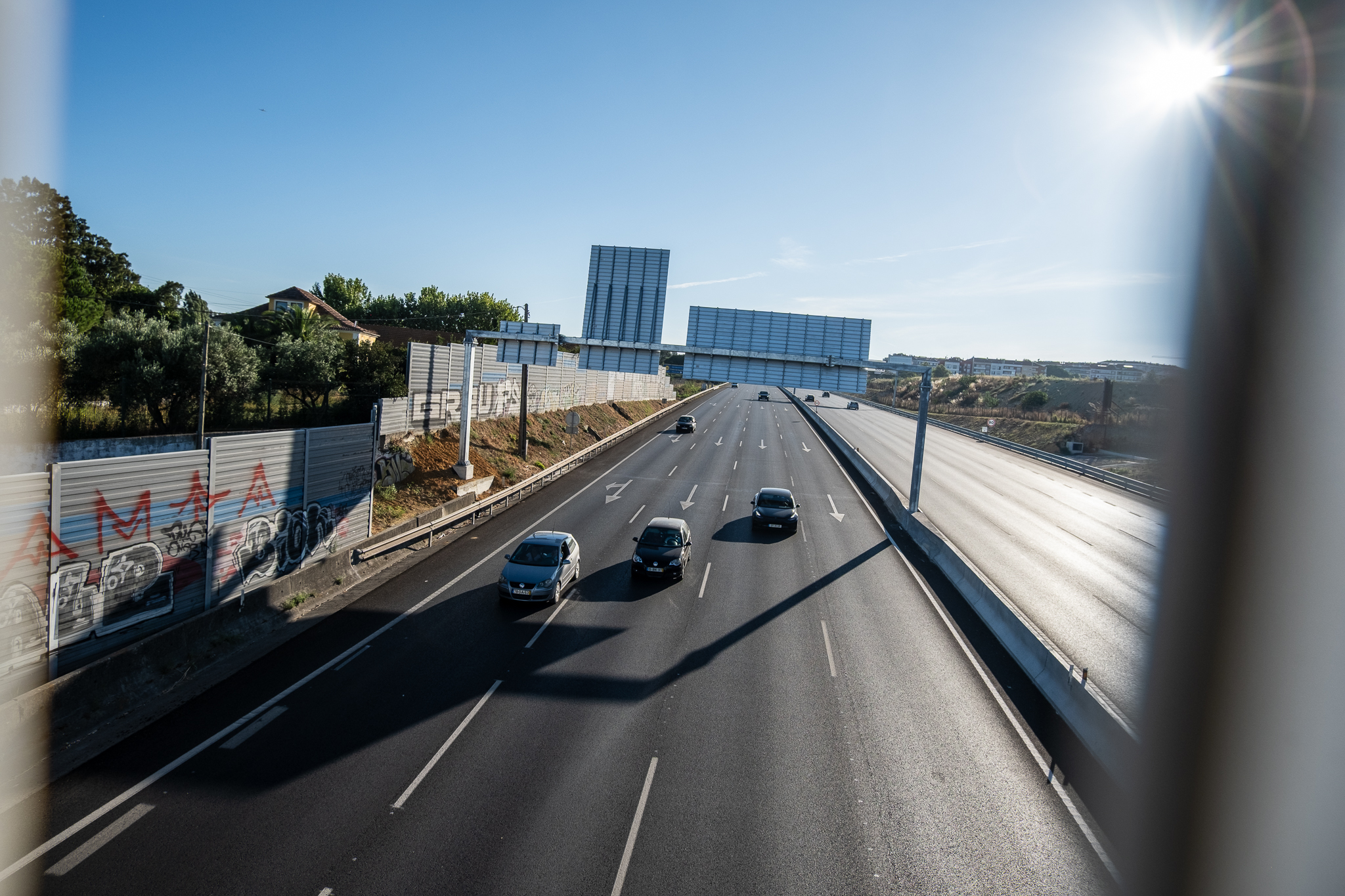Earlier this year, Bolt suspended its bicycle and scooter sharing service in Setúbal. The city council wanted companies like Bolt to pay for licenses to operate in the municipality, but the private companies didn't go along with the proposal.

In recent years, Bolt, one of several technology-based companies with shared bicycle and scooter services, has entered multiple Portuguese cities and towns through partnerships with the respective municipalities. Setúbal was one of those cities.
It was with Bolt that the city of Setúbal gained a shared bicycle and scooter service in the summer of 2021. A year later, this company launched a national first in Setúbal: next to the renovated Setúbal Transport Interface (ITS), has installed a station for parking and charging its scootersThis will not only make for a tidier public space, but will also allow this means of transport, which is suitable for the last kilometer, to be combined with trains and buses. According to data recorded between June 2021 and March 2023, almost 945,000 trips were made on Bolt bicycles and scooters in Setúbal, lasting an average of around 8 minutes and covering 1.53 kilometers. In March last year, Setúbal had 235 Bolt vehicles.
Bolt out of license race

Two and a half years later, Bolt is out of Setúbal. The bikes and scooters that were scattered around the city have been collected, and the charging point at the ITS has been removed. All this because, on December 31, 2023, the memorandum of understanding between Setúbal City Council and the private company that allowed the rental of these shared vehicles came to an end. The two entities didn't see eye to eye. The municipality asked for a public auction - therefore open not only to Bolt but also to other private companies of this kind - to be held. at least 245,000 euros for the sharing of 350 bicycles and electric scooters over five yearsnot automatically renewable.
Bolt didn't want to because it considered the amount too high, and no other operator was interested either. The public auction was empty. It should be noted that, through this procedure, Setúbal City Council planned to award two licenses: each license would be for the minimum amount mentioned above and each would provide for 350 vehicles. In other words, the municipality wanted to have two companies providing bicycles and scooters in the city - a total of 700 shared bicycles, an increase of almost 200% over the existing number. The licenses would be awarded to the operators who submitted the most economically advantageous bids for the municipality, i.e. with the highest amounts.
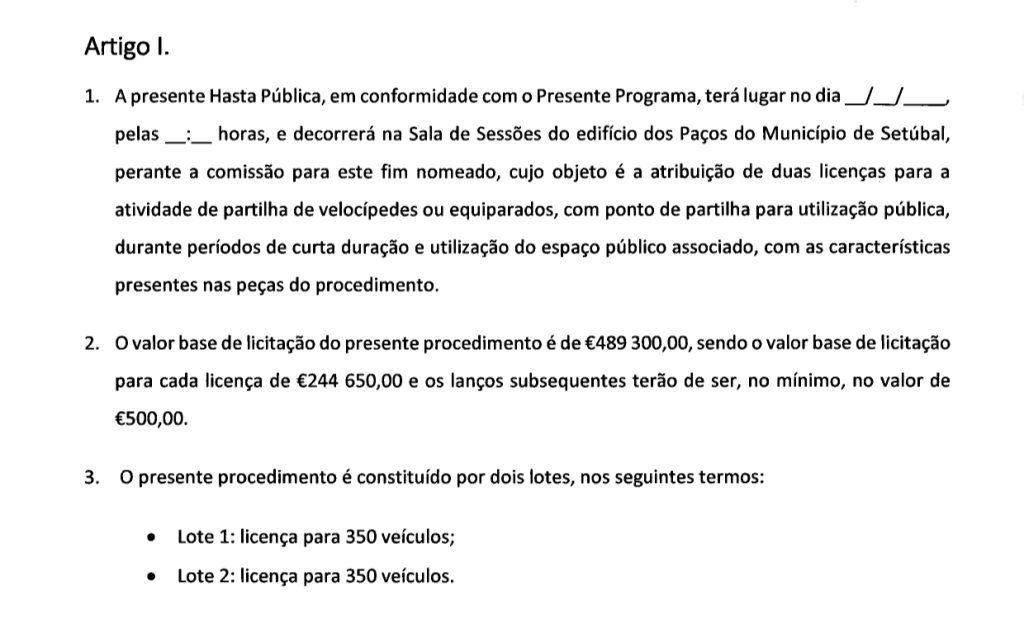
Putting the Municipality to good use
Through this public auction, the council also wanted to regulate shared bicycles and scooters, based on the experience gained with Bolt over two and a half years. Among the new requirements was an extension of the area of operation where people could circulate or the implementation of physical and virtual stations around the city where users would be obliged to end their journeys, one third of which would have to be like the ITS, i.e. electrically charged. The operators would also be given the task of marking the parking docks with a vertical sign and painting the sidewalk, according to the municipality's drawings. On the other hand, when it launched the public tender, the Municipality already had its "Shared Mobility Regulations" available, which stipulated these obligations for private operators, as well as other rules and guidelines.
"A proposal came here [to the town hall meeting] for a regulation and public auction in which the town hall defined, based on the service of the last two years, the minimum assumptions regarding what it considers a future operation"explained Setúbal's Councillor for Mobility, Rita Carvalho (PCP), at a recent town hall meeting, in response to PS. "The public auction was deserted because they didn't think the conditions were right. As far as we're concerned, our demand for the service is the one we believe best ensures the service provided and the co-relationship between the different users of the public space."
A pilot project
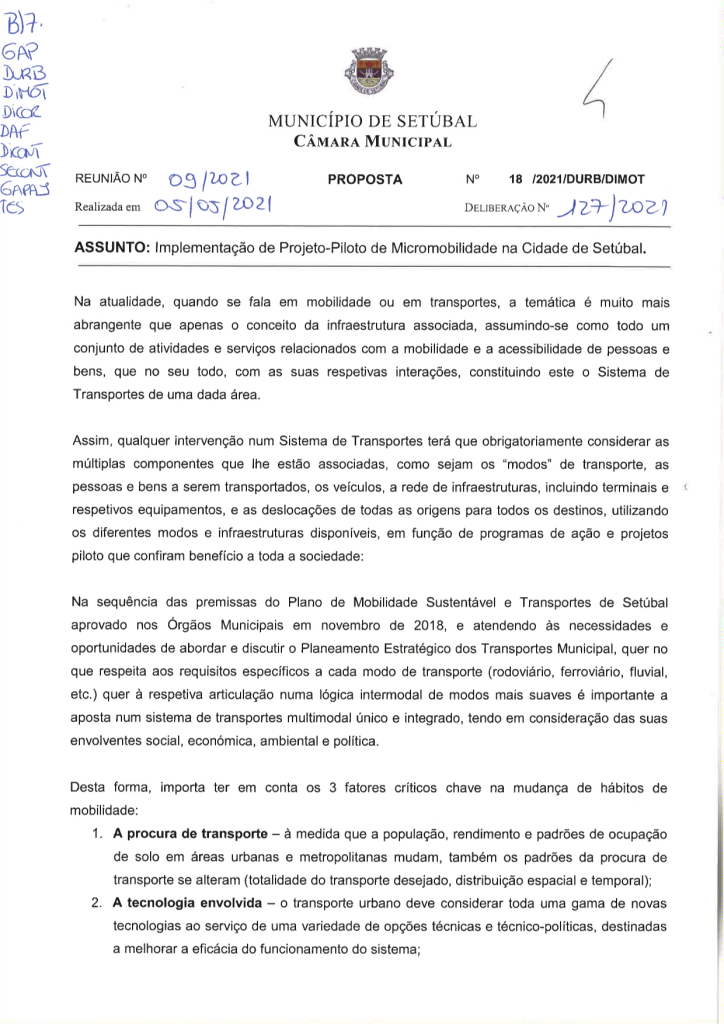
"What was in operation was a pilot project with one of the shared mobility operators, Bolt, which had two years of this project"added Rita Carvalho. This pilot project was launched in June 2021, at the beginning of the summer, to last six months. At the time, nine virtual stations and the provision of 200 to 300 scooters were agreed with Bolt. In November 2021, with 22,800 users registered on Bolt's platform, the pilot project was renewed for another six months, with a new feature: a reduction in the maximum speed of the vehicles from 25 to 20 km/h. Between 2022, a new extension was made and bicycles were added to the scooters. The pilot project would then come to an end in the summer of 2023, by which time the municipality would have the public tender ready to award the two licenses.
However, this procedure was delayed and the partnership between Setúbal City Council and Bolt was extended for a further six months in June last year, "until the conclusion of the public auction procedure (which is expected to be completed by the end of 2023)"according to official documentation. The aim was "avoid service interruption". However, by December 2023, the public auction had ended up deserted and there were no licenses granted or new extensions to the pilot project underway with Bolt.
The result was the departure of the private operator from the city. To the publication New in SetúbalFrederico Venâncio, head of Bolt's operations in Portugal, explained at the beginning of February that "the minimum amount required for each license is beyond what can be afforded" and that, "For the time being, we were forced to cease operating in Setúbal during a public auction, which was initially deserted by any operator". "So we are sorry to see a European reference city for Bolt no longer have micromobility activity; nevertheless, we are completely open to dialogue so that, who knows, we can once again serve the people of Setubal with alternative and sustainable means of travel"he added to the same publication.
Resolve the situation?
At the aforementioned town hall meeting, PS councillor Joel Marques criticized the fact that Setúbal had been left without any bicycle or electric scooter service, saying that this was also because the town hall decided in 2021 to follow the path of the "monopoly" with a single operator, allowing you to "having the capacity (...) to leave the people of Setubal without any kind of shared mobility option". The socialist also said that, "the last addendum that we approved here [at the meeting] was an addendum without a deadline, in other words, the pilot project would end when the issuing of licenses was completed, through the public auction procedure". In other words, according to Joel Marques, Bolt should continue to offer shared bicycles and scooters in Setúbal.
To New In Setúbal, at the beginning of February, the municipality said it was in the process of "to make every effort to ensure that shared soft mobility services continue to be provided in the municipality of Setúbal"and stressed that there was no "unilateral termination" but "an act that stems from city council resolutions that Bolt has been perfectly aware of since 2021". In fact, since that year, the official documentation of the Municipality spoke of the "deciding on a more permanent solution"and since 2022 it was planned "to develop a tender procedure, in accordance with the Public Procurement Code (CCP), for the award of an operating license for this type of equipment in the Municipality of Setúbal".
The City Council also pointed out at the time that 40% of Setúbal's residents only spend between four and 30 minutes on their daily commute and that there is "a considerable potential for transferring trips from motorized modes (especially individual transport) to soft modes, since motorized trips of less than 1.5 km have a significant weight in several areas of the city". The municipality was talking about a "significant potential users of soft mobility solutions in active and semi-active modes, in the order of 82,400 inhabitants (not counting the potential floating population)and it is advisable to invest in first or last-mile solutions“This can be combined, for example, with buses or trains.
For the time being, Setúbal is without shared bicycles and scooters. The council wanted private companies like Bolt to pay for licenses to operate in the municipality, but the companies didn't go along with the proposal. Will the municipality be able to turn things around?








